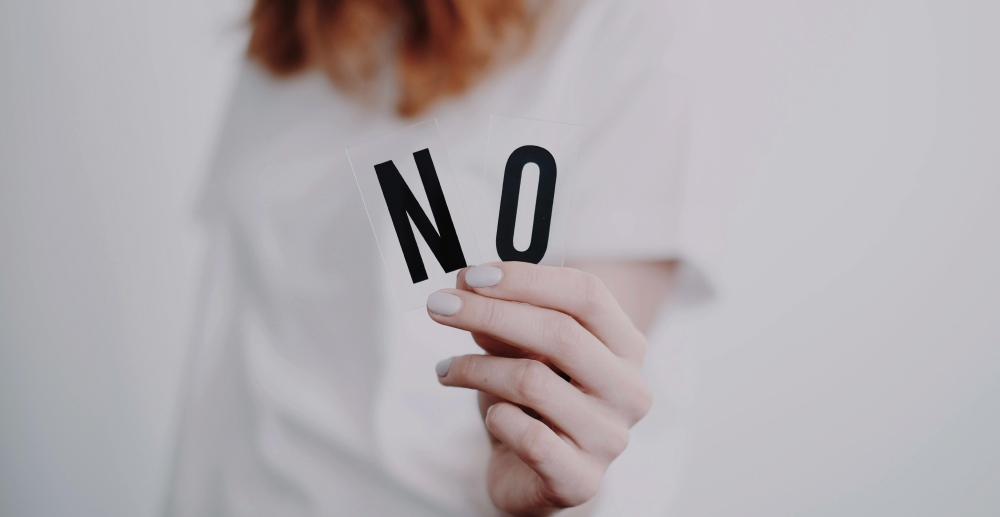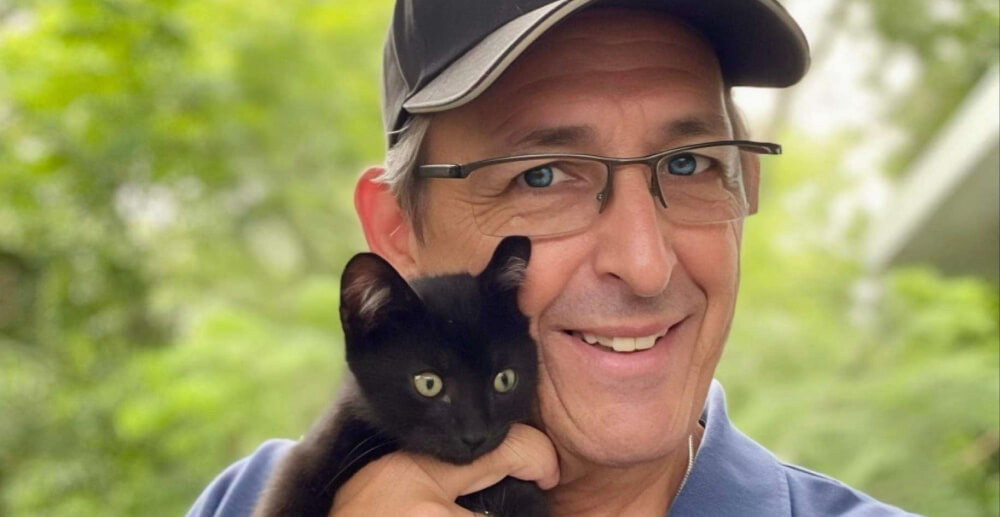It’s fall. The days are getting shorter, the weather is getting cooler, and all over the country, college and university students are headed back to class.
You don’t have to drink if you don’t want to
This sounds silly to say, but I want to be clear: there’s no rule that you have to drink in college. The reason I’m emphasizing this is because the hard-partying, drunken college student is such a stereotype in the US. Despite the widespread assumptions, it is totally possible to attend a university and not drink or use drugs. Yes, even if you want to pledge at a Greek organization. Yes, even if you go to a lot of games. Yes, even if you attend parties.
Whether to drink or not is up to you.
Tips if you choose not to drink
If you decide you don’t want to drink in college—or that you just don’t feel like having alcohol at a particular event—it can be helpful to plan ahead.
- Use the buddy system—You’re not the only one at your school who doesn’t drink. Look around to see who else in your circle is abstaining, and team up with them when you’re in an alcohol-heavy situation. Having a sober buddy will not only bolster your decision, but will also give you someone to talk with if your friends who are drinking start to lose focus.
- Bring your own non-alcoholic drinks—To be completely sure there is something alcohol-free for you to drink at parties, tailgates, and hangouts, bring something along. You could carry a hydro flask, pick up something from a coffee shop, or pack some soda in your bag. Or earn nostalgia points by bringing juice boxes or Capri Sun to share.
- Carry a beverage—Nothing fends off offers of alcohol as effectively as already having a beverage in your hand. When someone offers you a beer or a shot, you can simply lift your cup or can and say, “Nah, I’m good.” It’s an easy way to decline alcohol without getting into explanations. For more ways to say no to alcohol, click here.
- Don’t preach to others—This is a generalization, but in my experience, people can get defensive about their drinking if they feel like you’re judging them for it. So if the fact that you’re skipping alcohol comes up, try to be clear that you’re making a personal decision and not criticizing others.
Harm reduction tips if you want to drink
If you do choose to drink during your university days, you can take some steps to stay safer while doing so.
- Skip pre-gaming—Having pre-party shots is a way to get drunker, faster. If your goal is to limit your drinking or stay in control, don’t pre-game. Instead, have a bottle of water before you go to the main event.
- Pace yourself—Try alternating alcoholic drinks with something non-alcoholic, like soda, water, or (non-hard) seltzer. If there is food, eating can help to slow down alcohol absorption.
- Watch out for drinking games—There are hundreds of variations on drinking games, and they can be a lot of fun. But they can also make it hard to keep track of how much you’re drinking, or to stick to any pre-planned limits you’ve set. Consider spending more time watching others play. And if you do play, keep track of how much you’re actually consuming.
- Stick with someone you trust—Alcohol lowers our inhibitions, impedes our thought processes and judgment, and reduces our coordination and response times. All of these can cause us to get into difficulties when drunk. Plan ahead by forming a group of friends who will look out for one another.
- Prepare for safer sex—Even if you don’t think you’ll be having sex, be prepared just in case. A lot of college students hook up while under the influence. It’s better to have lube and a condom that you never use than to have risky sex because looking for a condom seems like too much trouble when you’re tipsy.
- Know what you’re drinking—When possible, pour your own drinks or open your own individual beverage bottles or cans, and keep your drinks in sight. This lets you understand how much alcohol you’re consuming, and also guards against having your drinks tampered with.
One big tip for all college students
Carry Narcan—Recreational drugs are fairly common on most campuses. Even if you never plan to take opioids, having Narcan (naltrexone) on hand can save lives if someone overdoses at a party or game (or just walking to lunch). It comes in a nasal spray that is easy to administer.
Addiction recovery as a college student
While this article has so far been about choosing whether to drink alcohol or not as a college student, there are additional considerations if you’re a college student with a substance use disorder. If you’re one of these folks, you are not alone! Some schools have a recovery community, either as part of the Association of Recovery in Higher Education (ARHE) or of their own. Many other college students in recovery get treatment through a clinical program like Workit Health or attend non-university recovery meetings. I do recommend that college students in recovery connect with others who understand what they’re going for, who can provide support.
Attending college is a unique time of growth and exploration in most people’s lives. You can enjoy and learn from your university experience even if you choose to avoid or control your alcohol consumption.




